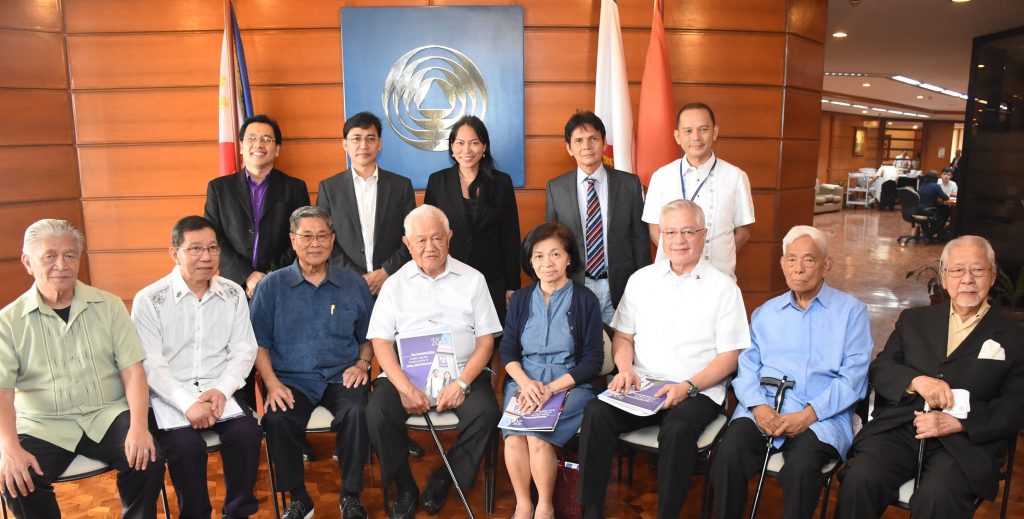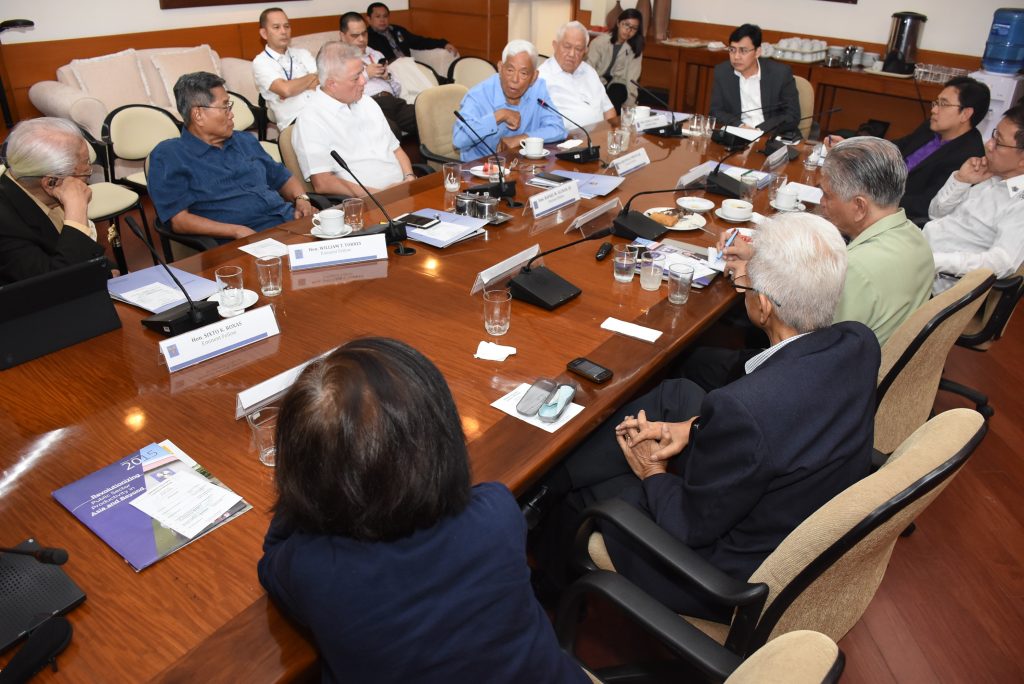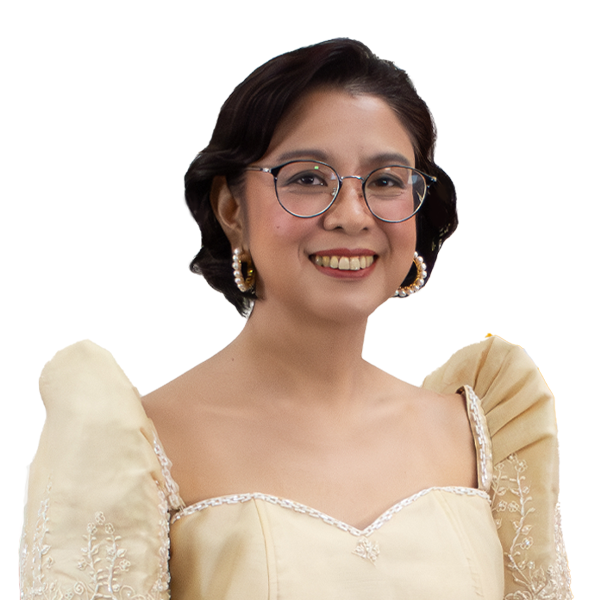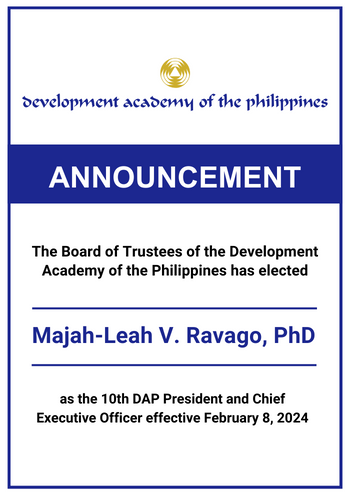
Nine Eminent Fellows see the Development Academy of the Philippines as a training ground for implementors of ideas generated within the halls of the government training institution.
After watching former Presidential Adviser Edicio de la Torre discuss the concept of the democratic developmental state during their biannual meeting on January 26, 2017 at the Board Room of DAP Pasig, the Eminent Fellows proposed the creation of a core group of implementors.
Former Senate President Aquilino “Nene” Pimentel Jr. said that ideas such as those discussed by De la Torre should not remain within the DAP. His colleague and another Eminent Fellow, former Foreign Affairs Undersecretary Laura Del Rosario, agreed and emphasized the lack of implementors of projects as opposed to the pool of generated ideas in the Philippines. She proposed the creation of a core group of implementors.
Luncheon meeting
De la Torre, Pimentel and Del Rosario were joined in the luncheon meeting by six other Eminent Fellows of the DAP: former Prime Minister Cesar E.A. Virata, former Senator Orlando Mercado, Dr. Sixto K. Roxas, Dr. William “Bill” Torres, former Civil Service Commission Chair Corazon Alma de Leon, and former Interior and Local Government Chief Rafael M. Alunan III, who attended the gathering hosted by the DAP’s Council of Fellows.
The meeting featured a presentation on the democratic developmental state by De la Torre.
De la Torre said that the concept has inclusive growth and poverty reduction as goals, which is in line with the current government thrust.

Triggered by London visit
The dialogue about the democratic developmental state, according to De la Torre, was triggered after his visit to the London School of Economics, where a professor declared that almost all Southeast Asian developing states are authoritarian in nature. The concept, therefore, may be applicable to the Philippine form of government, De la Torre said.
De la Torre cited four ideal situations under such a state. First, the bureaucracy is autonomous, which means that it has the capacity to direct, implement and propagate projects and programs, and also embedded in the economy while interacting with corporate and social players. Second, political leadership is oriented towards development. Third, all state agencies have a relationship with key market players, and lastly, state policies that promote growth exist.
Democratic developmental state framework
De la Torre added that the framework can be applied to the implementation of federalism, the settlement of conflict among opposing political forces, and the promotion of regional and rural development.
The Eminent Fellows shared their insights regarding De la Torre’s presentation, with Alunan saying that in order to become such a state, there has to be a change in the mindset of the country’s leaders. The skill sets of workers should also be improved, along with the toolkits, including information and communication technology and infrastructure, to equip these workers.
Pimentel then said there is a need to have ideas generated in forums like this to be propagated outside the DAP and actually implemented.
“That is where the DAP comes in,” said Roxas, who sees the DAP’s role as a management training institution crucial to the honing of future project implementors of the government.
More active participation urged
DAP Senior Executive Fellow Gideon D.V. Mortel, who delivered the welcome remarks on behalf of DAP President Antonio D. Kalaw Jr., earlier informed the Eminent Fellows of the recent projects of the COF, including a study on expanded inclusive growth index, publications on various topics of the roundtable discussions, forums on federalism, and the recent roundtable discussion with Russian experts on geopolitics.
Mortel asked the group of Eminent Fellows to play a more active role in the idea-generation mandate of the Academy. Mercado was chosen to be the lead convenor of the group.




